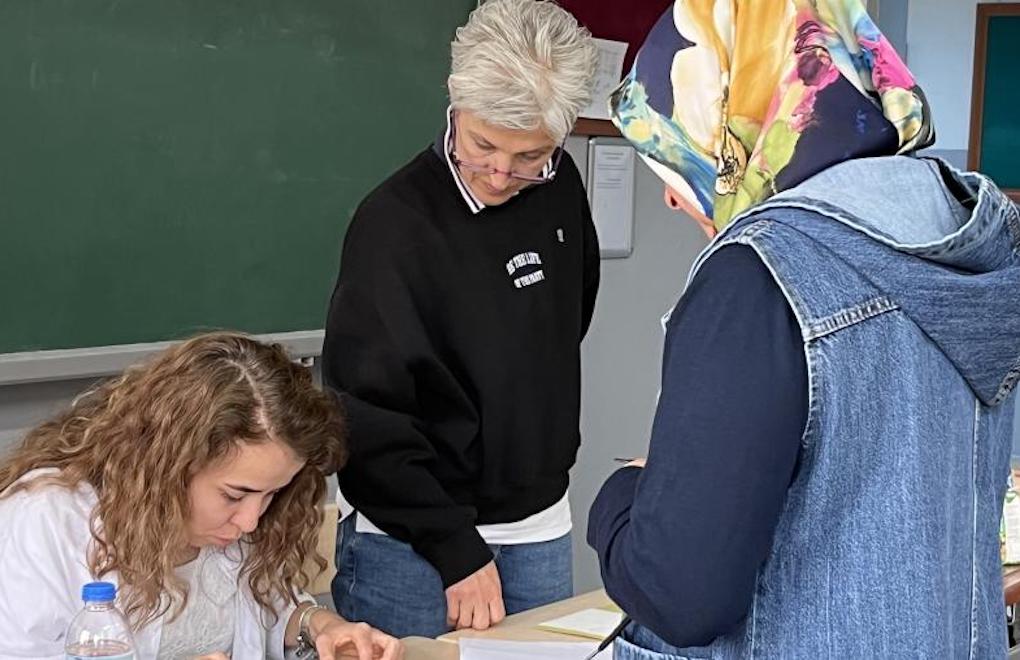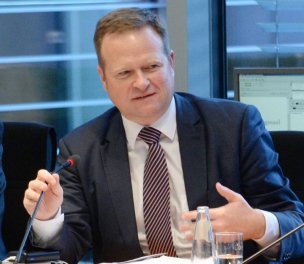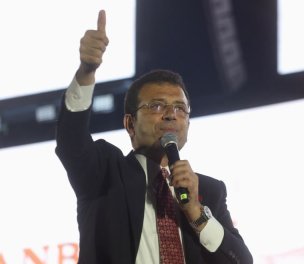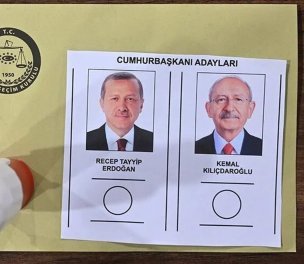Click to read the article in Turkish
A joint mission of international observers has stated that President Recep Tayyip Erdoğan enjoyed an unfair advantage in Sunday's runoff election, along with issues related to media bias and restrictions on freedom of expression.
The incumbent president secured his re-election by garnering slightly over 52 percent of the votes.
The mission consisting of the OSCE Office for Democratic Institutions and Human Rights (ODIHR), the OSCE Parliamentary Assembly (OSCE PA), and the Parliamentary Assembly of the Council of Europe (PACE) released a statement about their findings yesterday.
While acknowledging that the second round of the presidential election provided voters with a choice between political alternatives, the observers noted a disturbing rise in inflammatory and discriminatory language during the campaign period. The presence of media bias and ongoing limitations on freedom of expression created an uneven playing field, contributing to the unfair advantage of the incumbent candidate.
Gaps in the legislation
The joint mission found that although certain regulations were introduced by the election authorities ahead of the first round to ensure a smooth runoff process, there were significant gaps in the legislation concerning the holding of second rounds.
This lack of clarity had a detrimental impact on legal certainty and the overall stability of the legal framework.
Inflammatory language
Although candidates were able to campaign freely, supporters of some opposition parties faced intimidation and harassment. Both sides used inflammatory and discriminatory language, with mutual accusations of collaboration with terrorist organizations.
Farah Karimi, Special Coordinator and leader of the short-term OSCE observer mission, expressed disappointment over the unaddressed concerns from the first round, saying, "Regretfully, the use of harsher rhetoric by both contesting sides that was discriminatory and inflammatory further polarized the political environment."
Karimi emphasized the importance of the newly elected president making genuine efforts to ensure the unity of the people of Turkey.
Use of public resources
The campaign period leading up to the second round was peaceful, but instances of campaigning while performing official duties were noted, which violated the ban on inauguration events during the campaign period.
The continued use of public resources for campaign purposes further provided an undue advantage to the incumbent candidate, as observed in the first round.
Kavala and Demirtaş
Frank Schwabe, head of the PACE delegation, commented on the conditions of the second round, stating, "Turkey must now implement the judgments of the European Court of Human Rights and, above all, release Osman Kavala and Selahattin Demirtaş." Schwabe called for greater transparency from the Supreme Electoral Council to strengthen trust in the electoral process.
Although the election administration efficiently managed the preparations for the second round within a short timeframe, there were concerns regarding the postponement of the declaration of the final parliamentary results and the lack of transparency in the decision-making process.
Instances of violence targeting opposition supporters were also noted, along with cases of group or family voting that potentially compromised the secrecy of the vote.
The observers highlighted the continued trials and arrests of journalists and bloggers, further restricting freedom of expression. They also noted the failure of many broadcasters to provide impartial coverage of the campaign and equal opportunities for the two presidential candidates, with the public broadcaster displaying a significant bias in favor of the incumbent and similar biases observed in private media outlets.
Lack of transparency
Ambassador Jan Petersen, head of the ODIHR election observation mission, acknowledged that voters had a real choice on election day but expressed concerns over the lack of transparency from the election administration and imbalanced media coverage.
Petersen stated, "In contributing to the unlevel playing field overall, this was certainly among the greatest shortcomings of this election. ODIHR stands ready to assist in addressing these issues."
The international election observation to the second round of the presidential election in Turkey involved 232 observers from 31 countries, including experts from ODIHR, long-term and short-term observers, representatives from the OSCE PA, and delegates from PACE. (AEK/VK)







